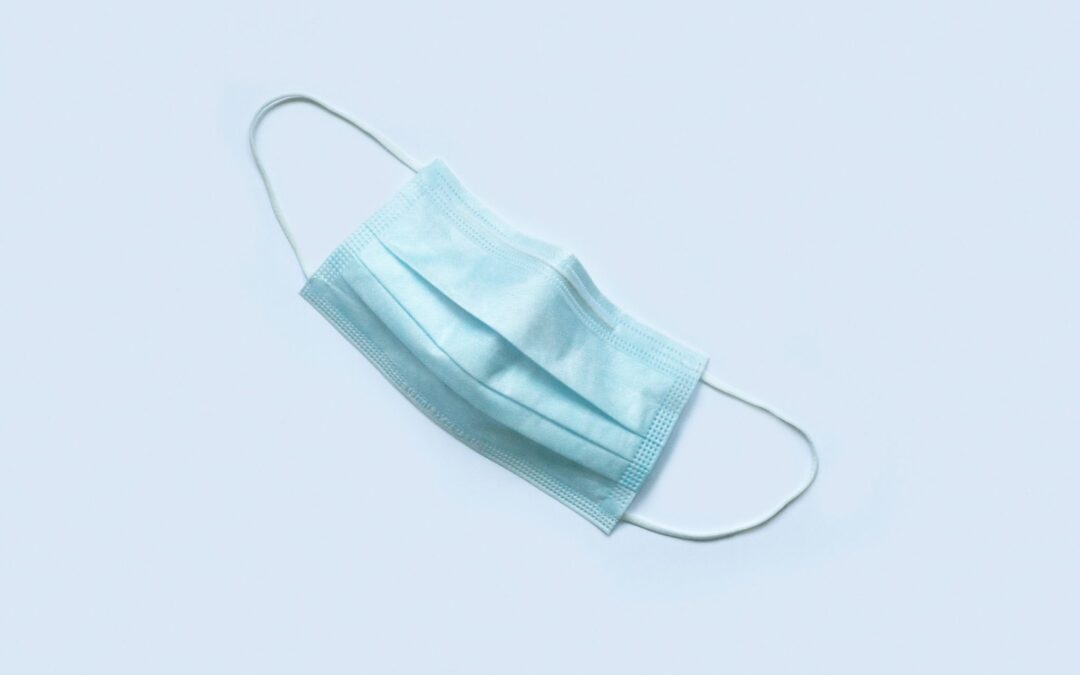It’s no small thing to accuse a healthcare professional of malpractice. I come from a family of doctors – my father, uncle and cousins. Doctors don’t want to be accused of hurting a patient. And that happens – sometimes they get accused when they shouldn’t.
It’s very important to be diligent in examining the records and understanding medicine before reaching a conclusion whether the healthcare professional did something wrong. If they did – if the doctor chose to put their interests above the patient – then they need to be held accountable, just like anybody else who doesn’t do their job the way they should, and it causes harm.
One example I like to use to help explain this concept about the need for accountability is when we’re out driving in our neighborhood and we come up to a stop sign. If we’re playing on our phone or messing with the radio, for example, and blow through the stop sign and hurt somebody, no one would have any reluctance to holding that person accountable for running the stop sign. The person might say they didn’t mean to run through the stop sign, didn’t mean to hurt anybody. True, but they made choices that put other drivers at risk.
In medicine, it’s the same thing. Doctors must follow the rules of the road.
When healthcare professionals don’t follow these rules and someone gets hurt, there must be accountability so that the victim of malpractice is compensated, while the doctor, fearing another financial consequence, will make sure to follow the rules the next time.
A car wreck at an intersection is one example of failing to follow the rules of the road, leading to harm. In medical malpractice cases, it can be much more complicated. The nurse giving the wrong medication to a patient, a surgeon operating on the wrong leg in an amputation case – these types of ‘rules of the road’ violations happen every day in hospitals in America, and the consequences to the patient can be devastating – a lifetime of loss of function, inability to take care of your family, or loss of ability to have intimate relations with your spouse.
The defense fights these cases with an aggression like you’ve never seen. The attorneys who defend these healthcare corporations are very talented, highly compensated by the insurance companies that hire them to defend healthcare clients. It takes a lot of diligence, attention to detail, willingness to dig deep into the medicine to understand at least at the same level as the doctor. These are part of the challenges people have when they’re facing a potential medical malpractice case.
For the attorneys who represent injured patients, our job is to hold the line against the healthcare industry that too often puts profits above patients. We do this by taking a deep look at the medical records to understand exactly what happened. Our job is to do the hard work necessary to uncover the truth and advise our clients appropriately and let them make the choice on how to proceed from there.
So, why do we need attorneys to serve this role? Why can’t the government healthcare organizations police themselves? Why can’t the government take on this job of examining these incidents of suspected malpractice and hold the doctors accountable? Why do trial lawyers need to get involved?
The truth is that trial lawyers are often the last line of defense in understanding if there is a case of medical malpractice. The groups who support the healthcare profession – organizations such as the American Medical Association, for example – are not in the business of policing themselves and disciplining doctors who cause harm to their patients. They serve important functions, but they’re not police forces, and they’re not the government.
Why can’t the government investigate?
They just don’t have the resources to do it, particularly nowadays with the demands from the pandemic and all that goes with that, the government doesn’t have the resources or the incentives to do it. Trial lawyers do.
That’s the reality of America’s healthcare system, and that’s the reality of how to deal with medical malpractice in America.
Learn more by checking out Part 1 here, and by listening to “Face the Jury” Episode 1 at podcast.belllawfirm.com.

